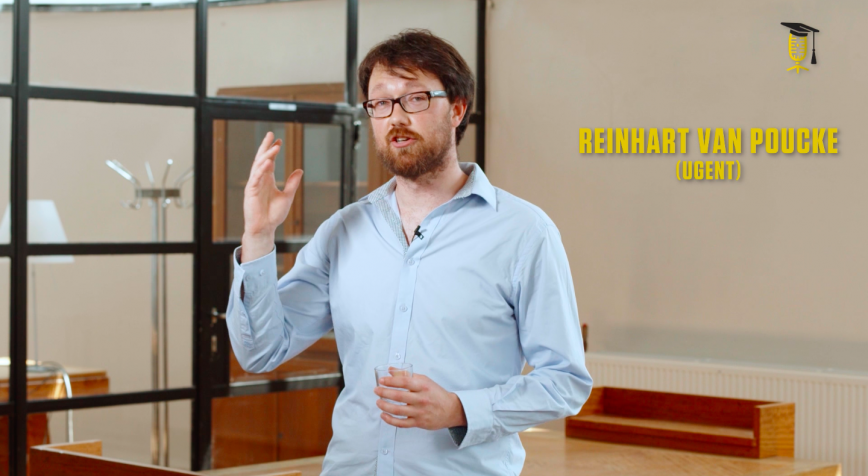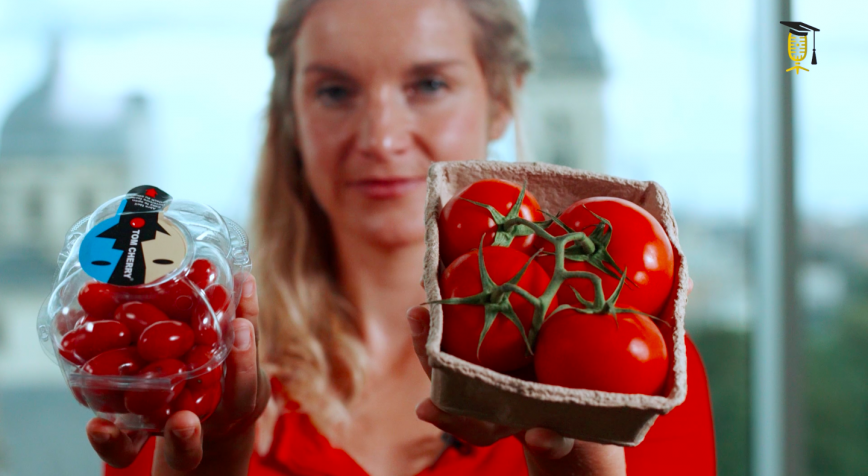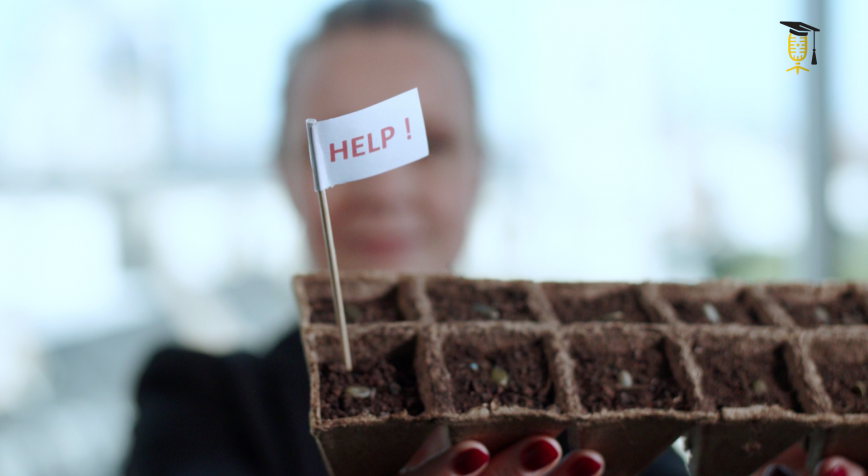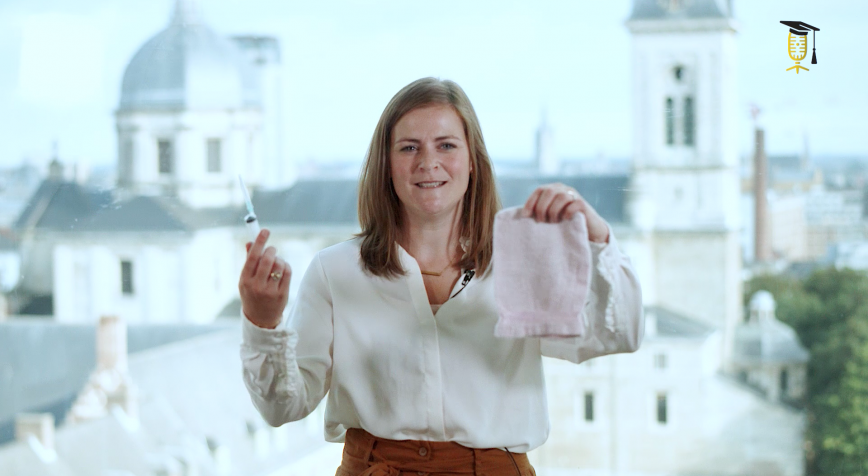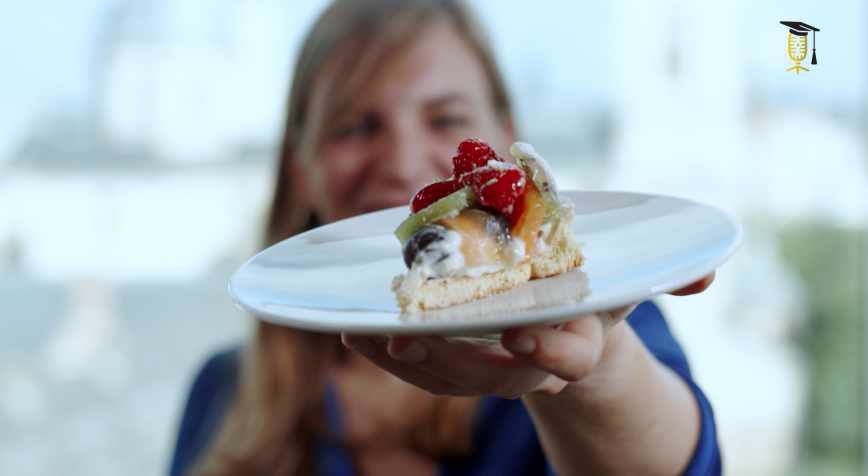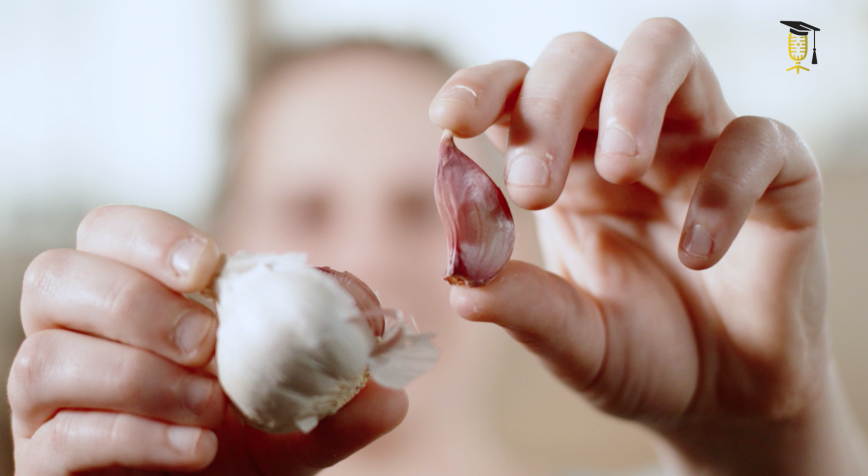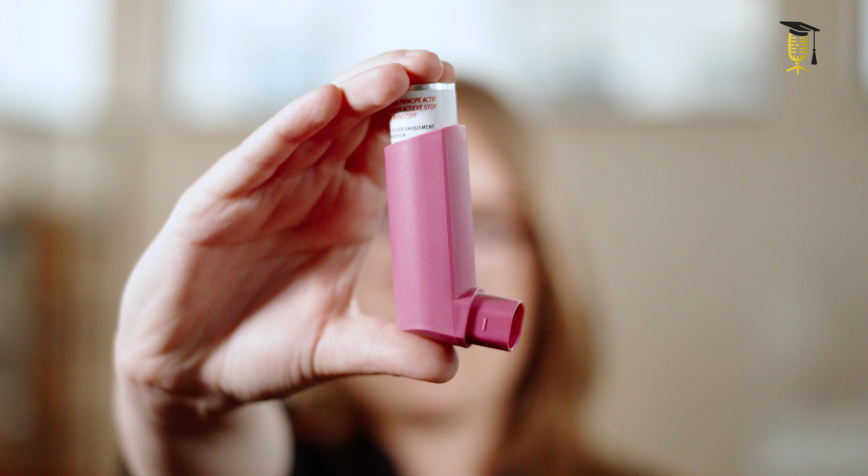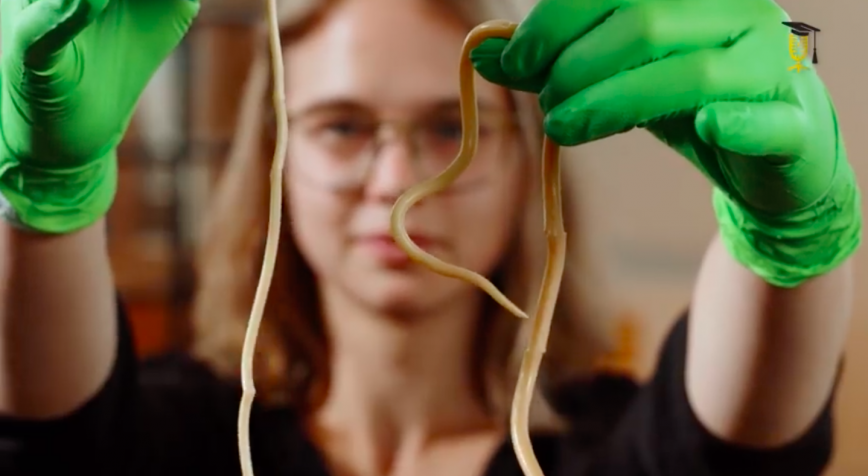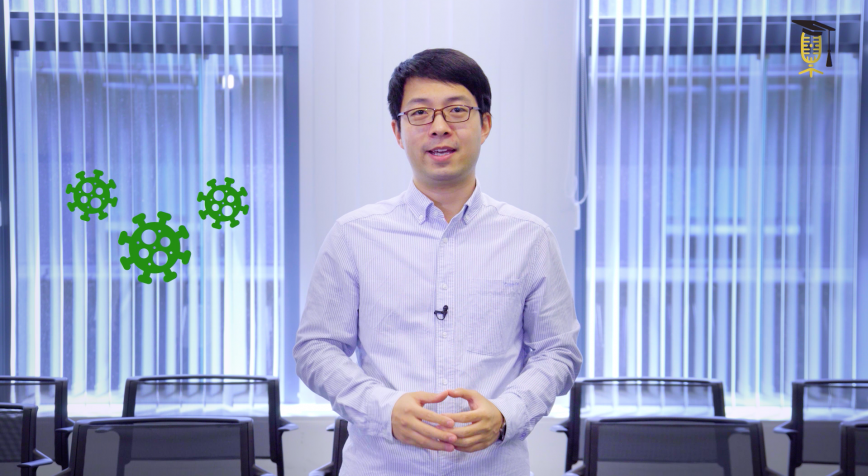
imec
KU Leuven
How to be prepared for the next pandemic
Wouldn't it be great if you could have your own virus detection facility at home, or even in your pocket? That's what Boshen Liang & his colleagues at imec & Ku Leuven are working on via so-called lab-on-chip technology.

